Results
-
£53.95
Beginning Band Warm-Up - Robert W. Smith
The search is over for the ideal daily warm-up routine for your beginning band. Master music educators Susan L. Smith and Robert W. Smith have constructed a complete warm-up for your novice musicians. This efficient warm-up addresses tone quality, intonation, articulation, flexibility, dexterity, and expression all on a single page in your student's folder. Highly recommended!
Estimated dispatch 7-14 working days
-
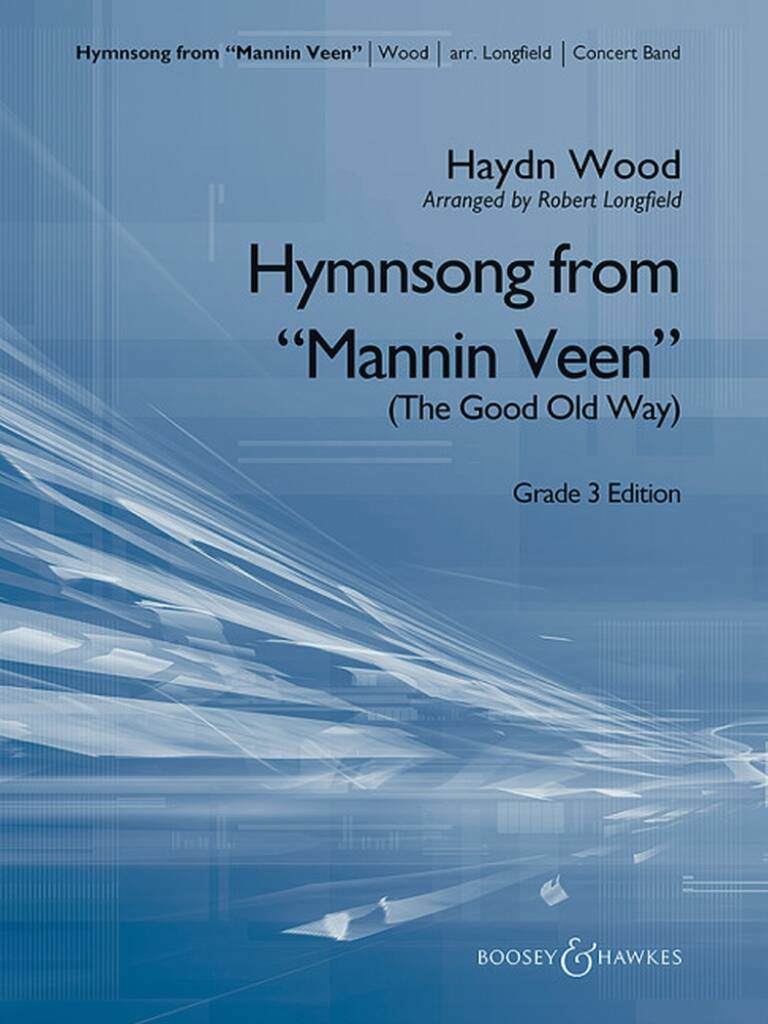 £58.99
£58.99Hymnsong from Mannin Veen - Haydn Wood
Composed in 1933, Haydn Wood's classic work Mannin Veen: A Manx Tone Poemhas remained a staple in the wind band repertoire, currently appearing on over 20 state festival lists. The opening segment of the work is based on the folk hymn The Good Old Way.Robert Longfield has carefully adapted this stunning section as a stand-alone chorale scored for contemporary band instrumentation.
Estimated dispatch 7-14 working days
-
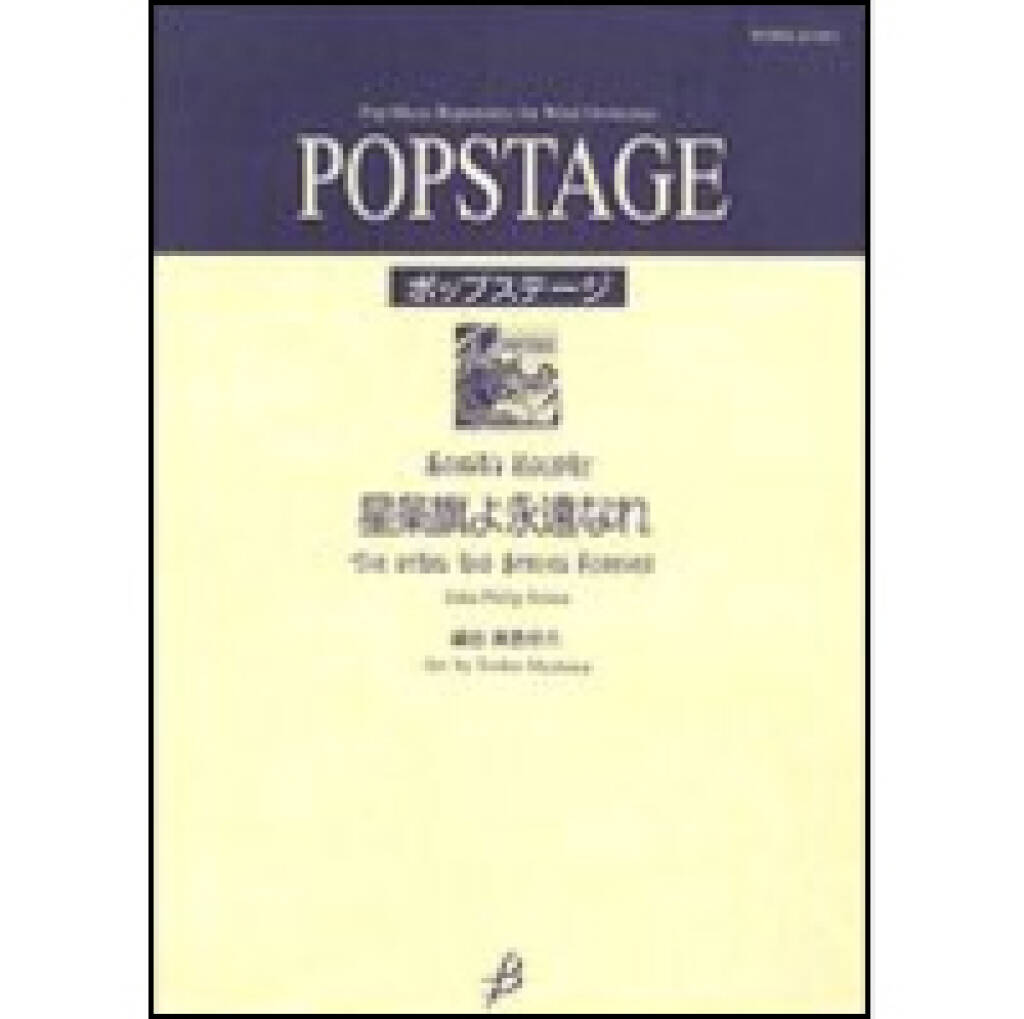 £68.99
£68.99Sousa's Holiday - John Philip Sousa
Born in Washington D.C. in 1854, the "American March King" composed over 100 marches, operettas, dance music, and arias. Amongst the most famous of his works are Stars and Stripes Forever. Since this popular march is arrangement in jazz style, always keep it swinging in the style of jazz!
Estimated dispatch 7-14 working days
-
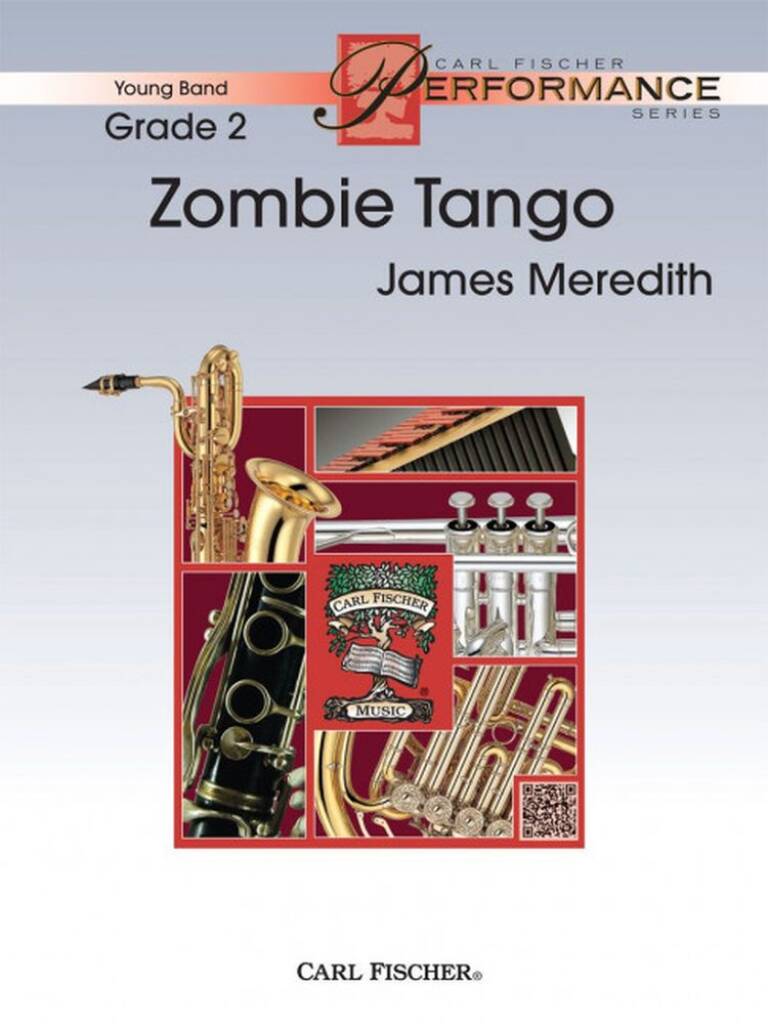 £78.95
£78.95Zombie Tango - James Meredith
Imagine if you will, two zombies dancing a zombie tango and you get the gist of this clever piece for young players. It would make a great Halloween concert piece, or anytime zombie fever is taking over your school. This is the first piece in our catalog by composer James Meredith.
Estimated dispatch 7-14 working days
-
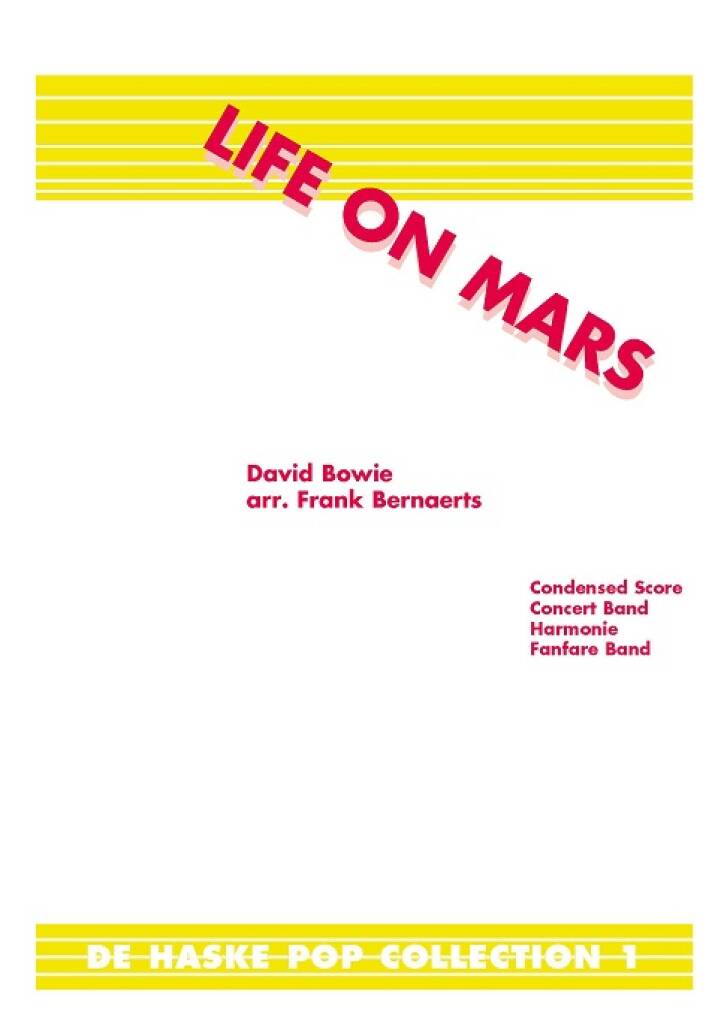 £76.99
£76.99David Bowie: Life on Mars
The recent passing of pop icon David Bowie led to a wave of sadness and disbelief worldwide. Bowie's music and personality influenced the music industry internationally over several decades. His thought provoking experiments and continuous search for innovation made him a respected figure around the world. This song Life on Mars is one of the hits that made Bowie immortal.
Estimated dispatch 7-14 working days
-
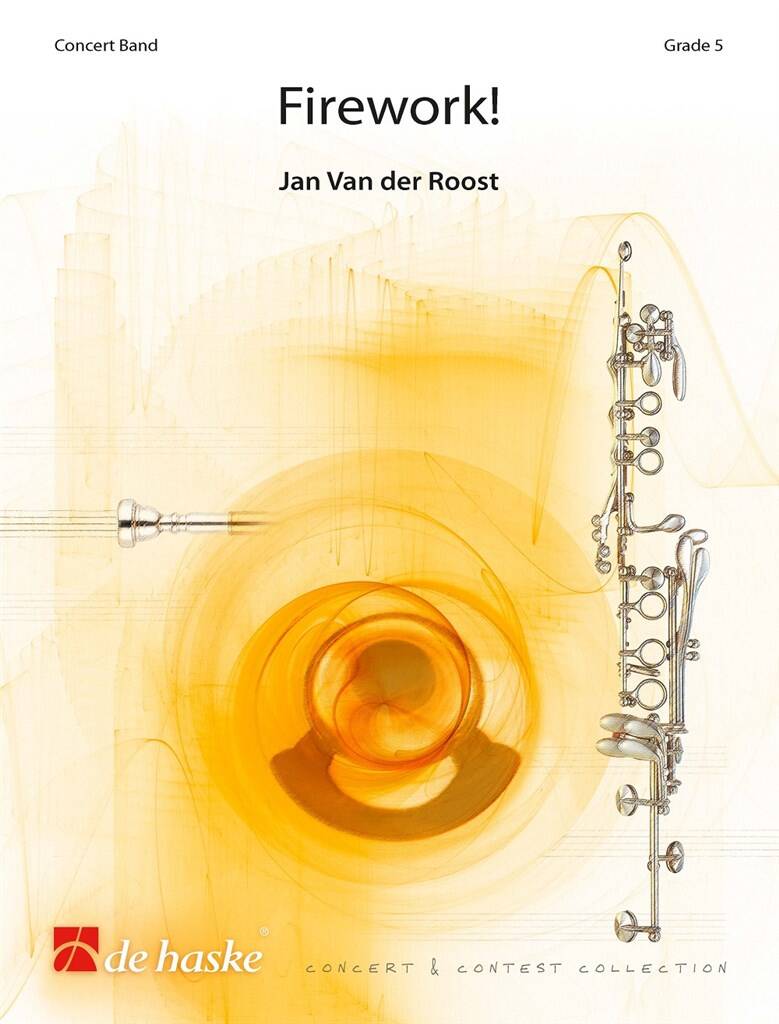 £76.99
£76.99Firework - Jan Van der Roost
In composing Firework Jan Van der Roost has once again succeeded in creating another spectacular intro following on Flashing Winds and Signature. In just over a minute the composer shows the band off in a powerfull and virtuose manner.
Estimated dispatch 7-14 working days
-
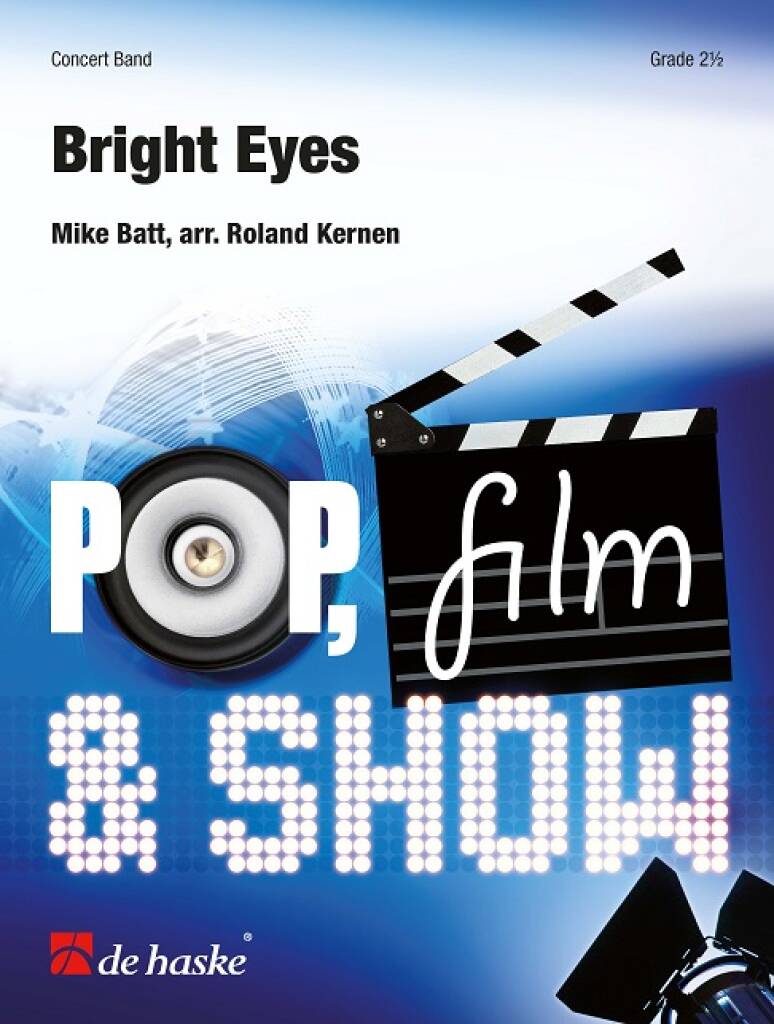 £76.99
£76.99Bright Eyes
In 1976, Mike Batt wrote Bright Eyes especially for Art Garfunkel, of the duo Simon & Garfunkel, who sang it as the title song of the animated film Watership Down. At that time no one could guess at the global success that this classicmelancholy yet wonderful song would enjoy. 35 years, numerous chart appearances, cover versions and awards later, here's Roland Kernen's sensitive arrangement for a performance to fall in love with all over again!
Estimated dispatch 7-14 working days
-
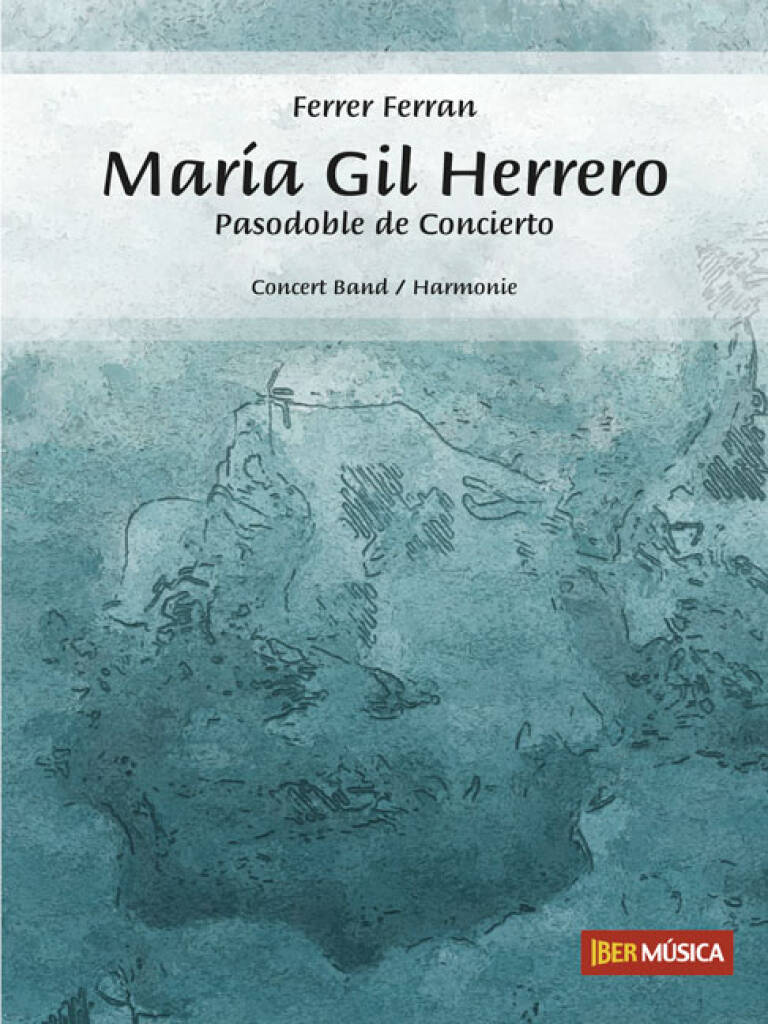 £84.99
£84.99Mara Gil Herrero - Ferrer Ferran
Maria Gil Herrero is named after the woman for whose golden wedding anniversary this piece was written. It is in the form of a traditional paso doble and, with solo passages for alto saxophone, trumpet and flute, an interesting proposition forany concert band. Its typically Spanish character is sure to win over your audience!
Estimated dispatch 7-14 working days
-
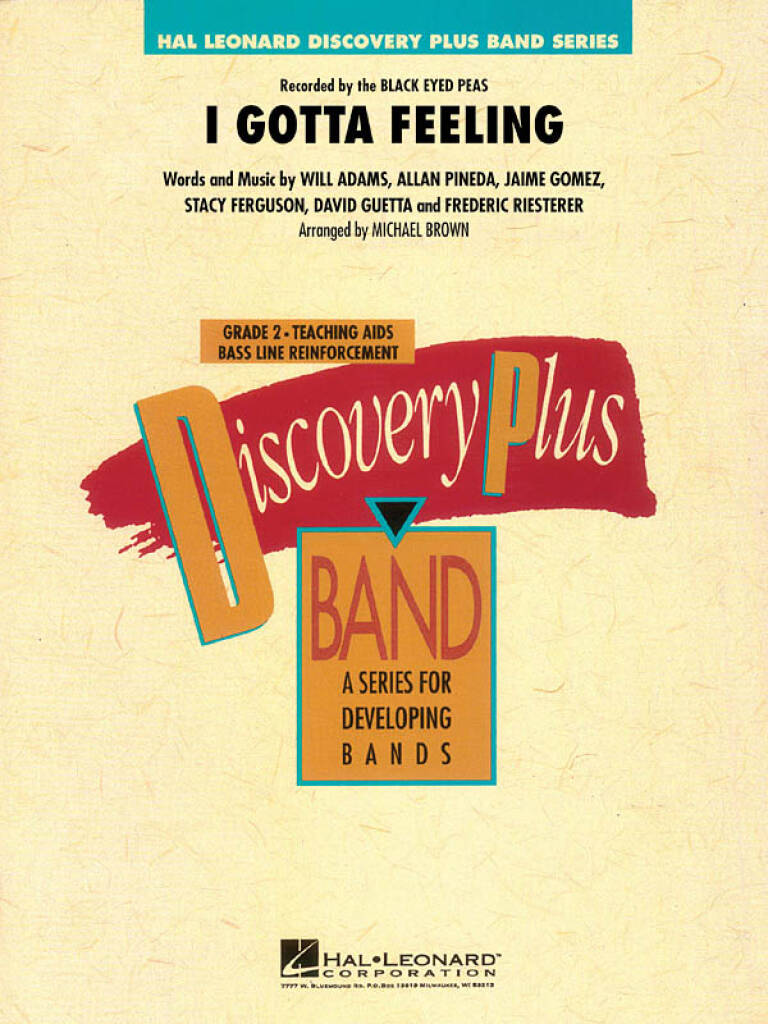 £38.50
£38.50I Gotta Feeling
Sitting atop the pop charts for over three months, this mega-hit from the Black Eyed Peas boasts a driving, energetic groove and an infectious melody. A solid hit for bands as well!
Estimated dispatch 7-14 working days
-
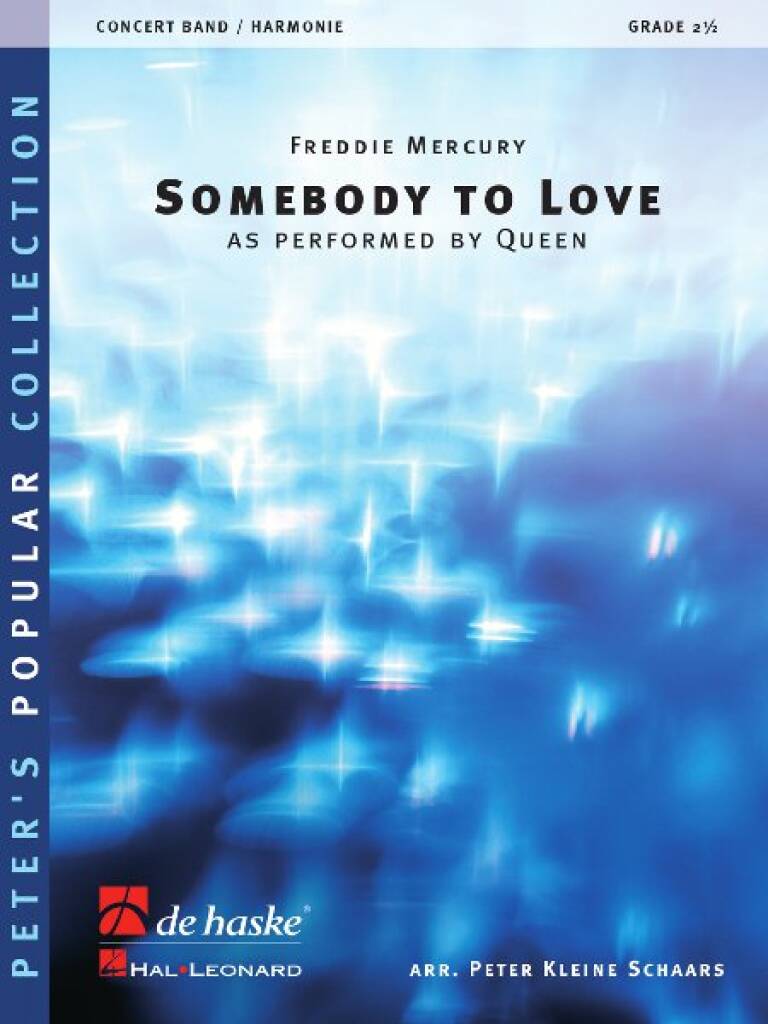 £84.99
£84.99Somebody to Love - Freddie Mercury
Somebody to Love, from rock legends Queen, is one of the most popular rock ballads of all time. Taking its inspiration from gospel choirs, the band's vocal lines were multiplied many times over to create a full choral sound. This layered effect has been carefully preserved in Peter Kleine Schaars' powerful arrangement for concert band.
Estimated dispatch 7-14 working days
